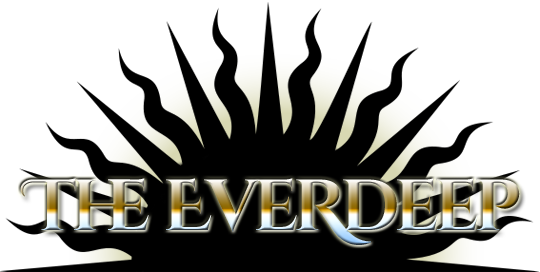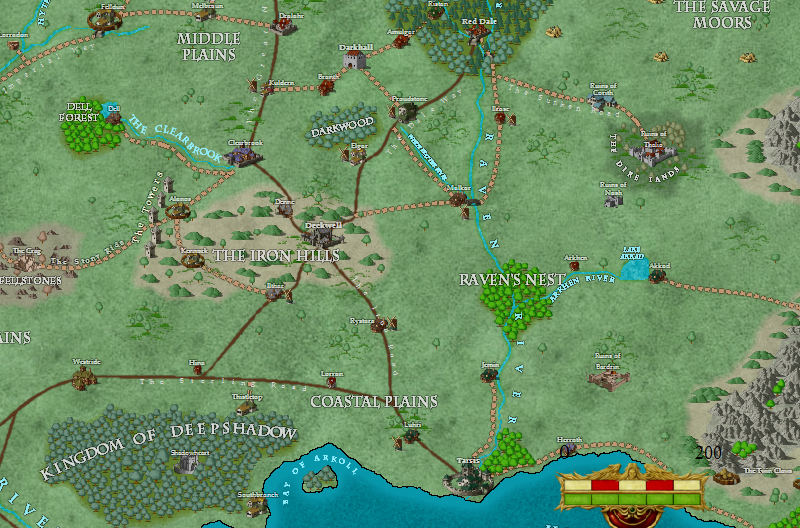Last Two Chapters, and On Editing
Down to Two
By number of words, not a lot has actually changed since the last update. I just finalized Chapter 16. But behind the scenes, there has been serious progress. Some knotty structural and pacing issues have been tentatively solved and I have a list of edits to bring the imminent conclusion of The Dark Brother more smoothly in line with the rest of the book.
There has been a real problem with that, that I may have mentioned before. The second book is, by definition, midstream. It cannot resolve everything, and could not if I wanted it to, but if it resolves too little then it is unsatisfying. Moreover, whatever is resolved has repercussions for the final book. It’s an awkward place.
This is kind of obvious, but clearly seeing the problem doesn’t make it easier to solve. Especially with the viewpoint that I use and its chronological implications, I have to try to make sure the various characters’ situations progress naturally and yet still ‘blow up’ on time to provide suitable resolutions and/or climaxes. It’s trickier than it sounds, and hesitance about how to handle this at the end of the book slowed down progress.
But I’m glad to say that I think that particular monster has been slain. It’ll require some ‘retconning’ to sell, but readers will never know the difference.
On Editing
And that’s my point here. And I’m going to mention two kinds of editing.
1) Outside Editors
Aspiring writers: DO NOT BE AFRAID OF EDITING. EDITING IS YOUR FRIEND. Sometimes, editors suck, but it is always useful to let another pair of outside eyes read your work. Some flaws you literally cannot see, because it makes perfect sense to your brain and its abilities and experiences. Others stem from your habits or preferences, so what you see as perfectly normal or acceptable does not arrive that way to others. And you’re not writing for yourself. Diaries are for you. Novels and the like are for others.
2) Revisions
Your first draft will suck. It will. There’s no way it can’t. You will forget details, contradict yourself, introduce characters that end up being meaningless, resolve conflicts too quickly, misremember details so that character names, hair colors, occupations, accents, and other features inexplicably change (this gets worse the more characters you have), and run down rabbit holes irrelevant to the plot but that you think are fun. Errors like this, or the fear of them, keeps many (if not most) writers back. They’re afraid their ideas are bad and they don’t want to put them down.
Well, a lot of them are bad. One only has to look at the mounds of self-published drivel and fanfiction nightmares to see what kinds of half-roasted shit people will push out of a keyboard.
But that’s kind of what editing is for. And, until publication, no one can tell the difference between an original word or one that has been rewritten thirty times. So re-write. Not constantly; some people get stuck in a rut and just go over the same stuff over and over. That’s not helpful. Instead, when you finish a spurt of writing, rest a bit before going back and re-reading from earlier. Check how the story flows and if voices are the same. Look for continuity errors and see how the pacing feels. And if you go off track, change it.
You can re-write everything.
The Mountain Throne was originally written from only two perspectives. Halfway through, I decided too much was being left off-screen, so I inserted a third perspective and re-wrote the book from the beginning. It was *so* much better. With only two, I think the book would have been much more mediocre and even unworthy of publication.
I’m making (lesser) use of the same ability now, with The Dark Brother. My solution to the structural issue I mentioned above was a little jarring, but could be solved with a gentle re-write. So that’s what I’m doing. It’s more work, but the end product will be superior.

 Next Post
Next Post



